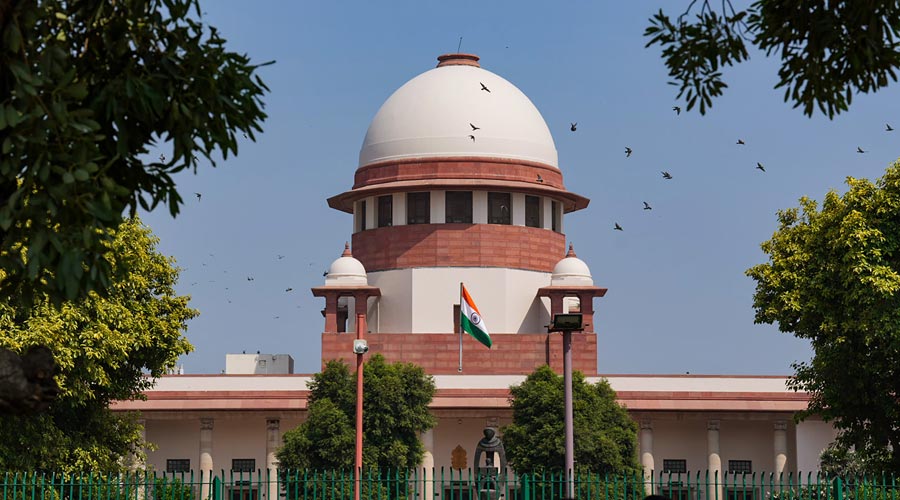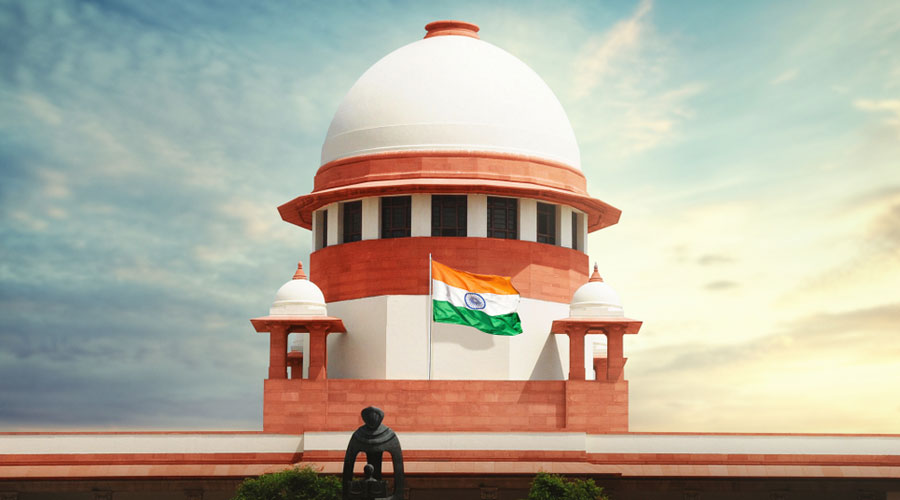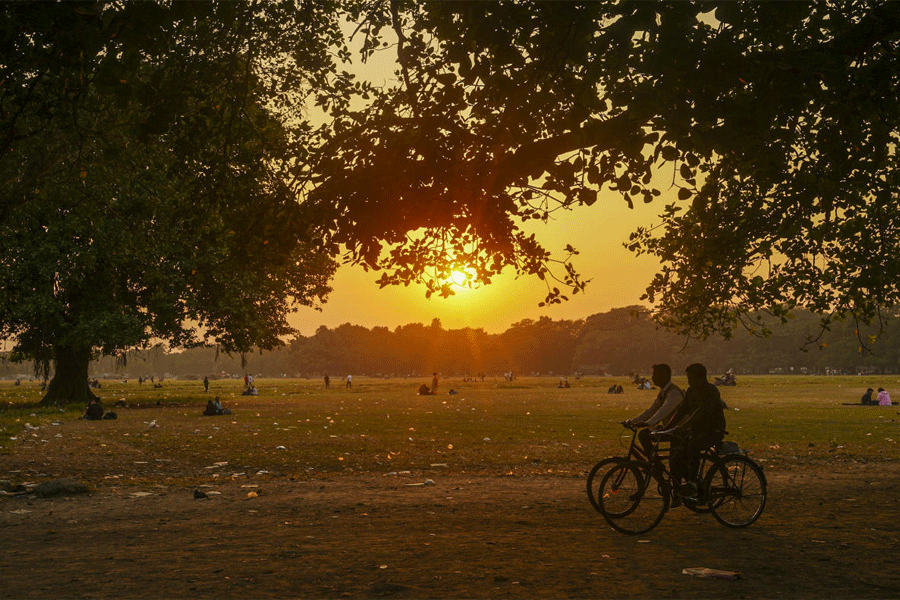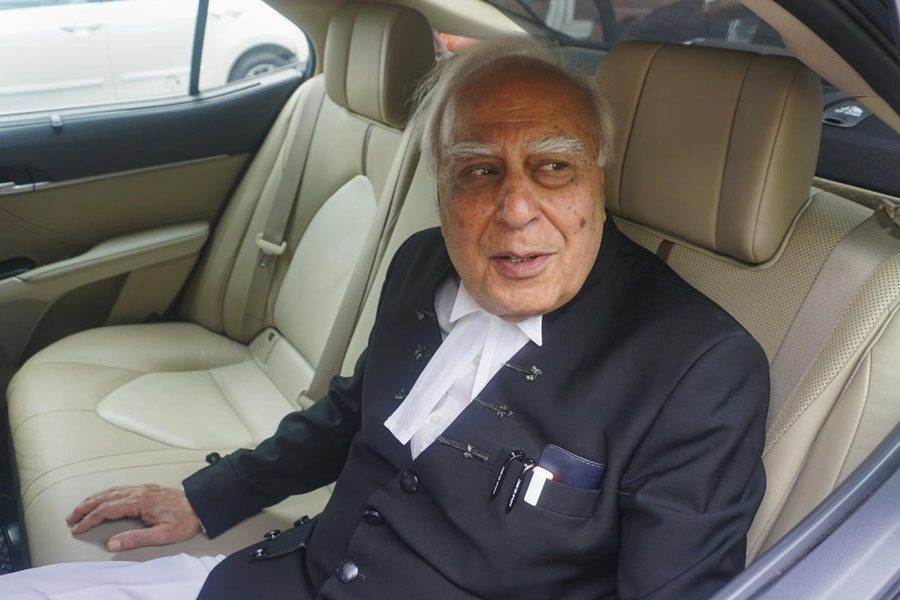The Supreme Court has said that mere membership of an unlawful organisation will make a person liable to criminal prosecution, overruling three of its own past judgments. In 2011, the court had said that “mere membership of a banned organisation will not incriminate a person unless he resorts to violence....”
The other grounds for prosecution, according to the 2011 verdict, are an incitement to violence and the commission of an “act intended to create disorder or disturbance of public peace by resort to violence”. But now, a three-judge bench of Justices M.R. Shah, C.T. Ravi Kumar and Sanjay Karol has overruled three earlier judgments in Arup Bhuyan vs Union of India, the State of Kerala vs Raneef and Indra Das vs the State of Assam, which were all passed by two-judge benches.
Writing the judgment, Justice Shah noted that the apex court had not heard the Union government before passing any of the three earlier judgments. Further, there had been no challenge to the constitutionality of the relevant provisions relating to the UAPA or the now-defunct Tada, and the impugned judgments had been passed on individual bail matters. The present judgment was delivered on a review petition filed by the Union government that was strongly opposed by the People’s Union for Civil Liberties.
The bench said: “A person who is the member of such an unlawful association cannot be permitted to say that he may continue to be associated with and/ or continue to be a member of such unlawful association despite such an association (being) declared unlawful on the ground of its unlawful activities which are found to be against the interests of the sovereignty and integrity of India.” Such a person is liable to be punished, particularly so long as Section 10(a) (i), under which an association is declared unlawful, stands and is not declared unconstitutional, the court said.












